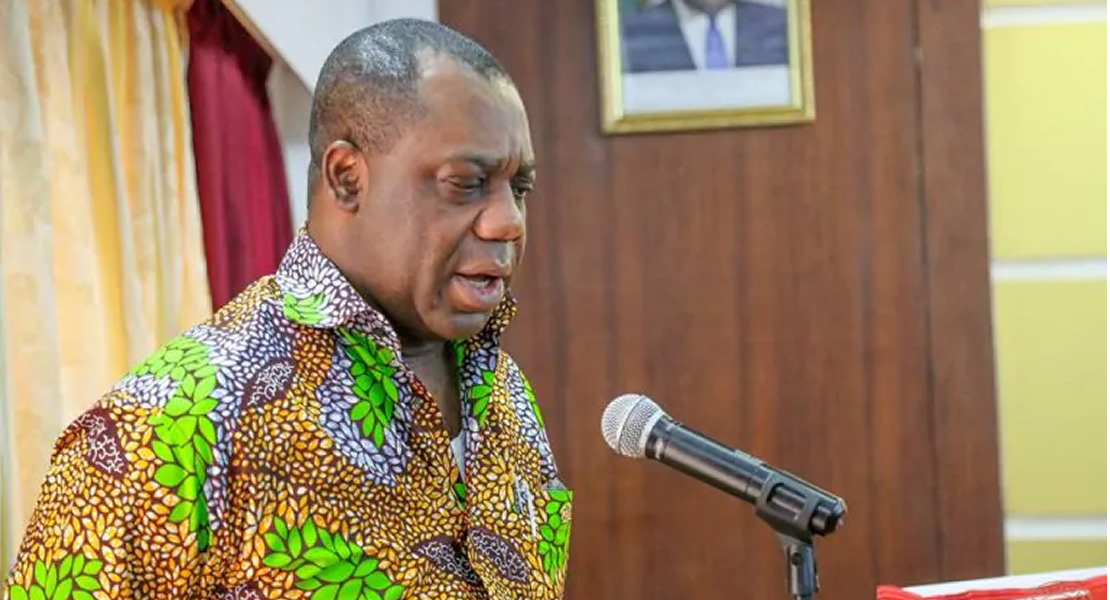
Dr Mathew Opoku Prempeh, Member of Parliament for Mahyia South, has asked Government to take measures to review the nation’s sanitation policy to adequately care for current sanitation issues.
The revised policy, he said, should make for the gaps in the current policy and take care of issues such as toilet, water, waste management and recycling among others.
Furthermore the study of sanitation and hygiene should be made part of the school curricula, he said.
Speaking to the Ghana News Agency (GNA) in Accra on sanitation challenges of the nation, Dr Prempeh, who is also a medical doctor, described the nation’s sanitation system as having broken down, evidenced in the increase in cholera cases in recent times.
“Sanitation has gone wayward. The increase in cholera cases is evidence of filth in the country,” Dr Prempeh said, stressing the need for hygiene and sanitation to be made a serious part of the national development planning.
He dared the Ministry of Local Government and Rural Development to prove claims of improvement in sanitation and hygiene against the presence of huge and mountainous garbage dumps in the communities.
Dr Prempeh suggested that the 180 million Euro support by the Netherlands to Ghana to finance the water and sanitation sector, should be used for the development of water systems like bore holes, stand pipes and toilet facilities in schools, especially basic ones that lacked such facilities.
The facility is under the Ghana-Netherlands Water, Sanitation and Hygiene (WASH) programme which spans nine years.
Dr Prempeh called for the improvement in hygiene sanitation education, and asked the Government to provide more logistics to general sanitation improvement as well as paying waste contractors their monies on time.
On waste disposal challenges in the Manhyia South Constituency, Dr Prempeh said the area which is an “inner city constituency “needed to improve in the disposal of waste.
He was of the opinion that the policy of “pay as you dump” had not helped much.
This, he said is because a number of children who are sent to dump refuse would rather spend “the 10 Ghana pesewas or the 20 Ghana pesewas” and dump the refuse elsewhere, leading to unsightly scenes of refuse at unapproved places and choked gutters, and overflow with safety hazards.
The Manhyia South MP made a strong case for sanitation, saying, the lack of it is a hindrance, not only to health, but also to economic and social issues of development.
“I don’t think we can achieve anything without proper sanitation,” Dr Prempeh said.
GNA